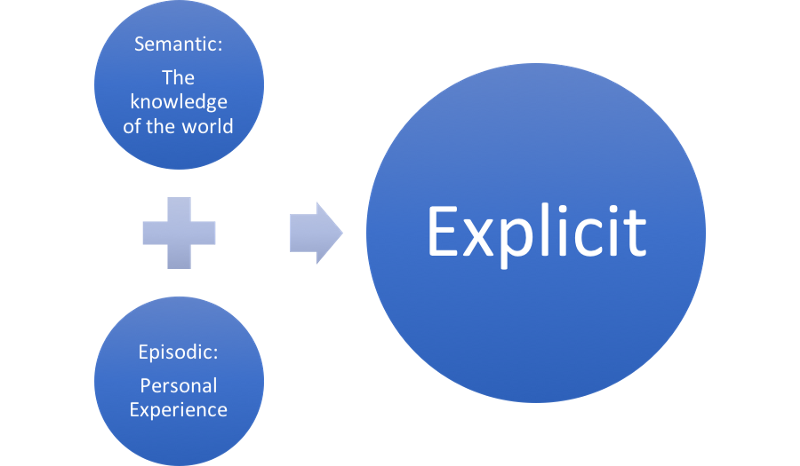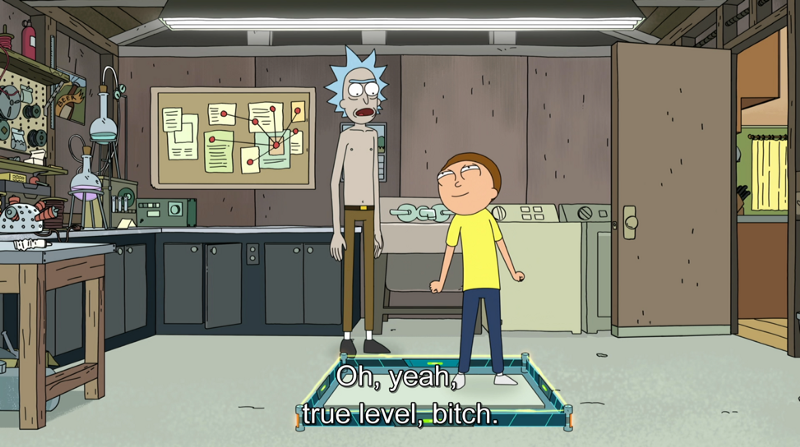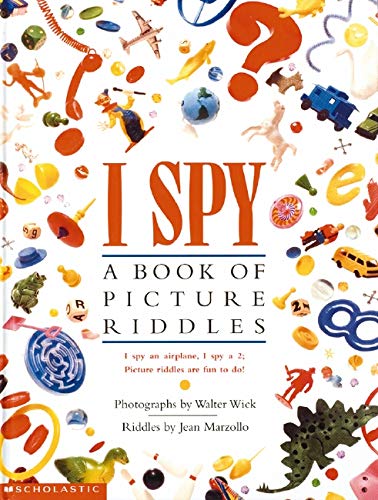As S03E08 starts, we see Rick and Morty running away from someone that wants to take the Truth Tortoise from them. While Rick and Morty are running away, Rick warns Morty not to look into the tortoise’s eyes. Morty then immediately gets nervous because of the fact that he HAS been looking into its eyes the ENTIRE time he’s been holding onto it! This ultimately leads to Morty “knowing everything” and he starts breaking down pretty hard, saying things like, “I-I can’t go on like this with the Truth Tortoise shit in my head.” Then, Rick proposes a solution…which turns out to be the thesis of this episode: altering memories.
 Rick proposing to delete a memory
Rick proposing to delete a memory
When I heard Rick state his solution, I immediately perked up from my chair, an unconscious response to the love I have for the ethos of the episode. I like to break down the study of memories into its respective categories as such:
 Breaking down the study of memories
Breaking down the study of memories
With that breakdown in mind, I want to first focus on the left side of the tree: science. Within the science realm, memories can further be broken down into:
 Different kinds of memory
Different kinds of memory
Now…because the episode does NOT dive into any implicit memories (memories that are acquired to only then be used unconsciously) such as learning how to walk, I will only be diving into explicit memories. I’m a little saddened by this because I think it would have been cool if the show played with the idea of implicit memories. Imagine if:
- Rick implants memories of Morty practicing to learn how to play the piano
- Rick deletes all memories of Morty learning the alphabet
But I digress. Moving forward…
Explicit memories requires conscious thought: recalling what happened during the episode, or sharing the story of a fun night you had with your friends this past weekend. An explicit memory is either semantic or episodic:
 Semantic + Episodic = Explicit Memory
Semantic + Episodic = Explicit Memory
All of the memories that were presented in the episode would fall under the category of episodic memories. The memory where Morty was listening in on the squirrels’ conversation?…EPISODIC!
 Morty overhears squirrels planning to take over the world
Morty overhears squirrels planning to take over the world
And the memory where Morty experiences “true level?”…EPISODIC!
 Morty regretfully experiences true level for the first time
Morty regretfully experiences true level for the first time
So this got me thinking…if Morty knows everything from staring into the eyes of the truth tortoise, does Rick have to erase only that episodic memory of staring into the tortoise’s eyes, or does Rick have to search for the semantic memories that were transferred from the truth tortoise as well?
Before moving forward, I want to state that I am assuming that there was a transference of knowledge that occurred. The truth tortoise has given Morty limitless amounts of semantic memory: historical facts and laws of the universe. Therefore, none of the memories implanted in Morty are gained through past experience.
With this assumption, I see three choices:
- Rick erases Morty’s episodic memory of looking into the tortoise’s eyes which then leads to Morty unlearning all the secrets of the universe.
- Rick erases only the semantic memories the tortoise gives to Morty, keeping the episodic memory intact.
- Rick erases both episodic and semantic memories that relate to the tortoise.
In order to answer this multiple choice question correctly, I needed to find the answer to the question, “Can memories be linked with other memories?” Sara Chodosh from the Scientific American says:
In your brain, and in the brains of lab mice, recollections are physically represented as collections of neurons with strengthened connections to one another. These clusters of connected cells are known as engrams, or memory traces. When a mouse receives a light shock to the foot in a particular cage, an engram forms to encode the memory of that event. Once that memory forms the set of neurons that make up the engram are more likely to fire. Furthermore, more excitable neurons — that is, brain cells that activate easily — are more likely to be recruited into an engram, so if you increase the excitability of particular neurons, you can preferentially include them in a new engram.
I did a simple exercise to test this hypothesis; let me share it with you. This is an image of a childhood book I used to carry with me all the time:
 I spy…a red question mark!
I spy…a red question mark!
When I saw this image, I immediately thought of an episodic memory I’ve forgotten about, buried deep within my unconscious. I was only a few years old. I’m laying down on my stomach. I have my small head resting on my right hand, right above my right elbow I rooted on the ground for support. And I’m spending HOURS on a daily basis, finding whatever the book was “spying on.” Then I remember the room I was in. Then I remember that my mother was cooking in the kitchen: just memory after memory being bubbled up to my conscious state that I would have NEVER thought without the visual help of the book.
Did something similar happen with you when you saw the image?…where you start to remember some memories from an initial, episodic memory?
The point is, if engrams exist, then I can safely state that Morty’s semantic memories are tied to his episodic memory of looking at the tortoise in the eye. And if Rick severs the semantic memories’ ties to the episodic memory, then the semantic memories should stay dormant within the unconscious. Problem though, is that any one of those semantic memories could be brought up to the conscious at any time! Therefore, leaving those memories in the unconscious won’t cut it; Rick will need to erase both episodic and semantic memories relating to the tortoise.
Let’s switch gears and head over to the philosophy side of memories.
Memories, fragrances of the past, are the core to how we shape ourselves in the present. Our personality, the decisions we make, and the things we love to do are some of the examples of components that make up our self-identity.
John Locke, one of the most influential philosophers, considered personal identity to be found on the conscious state, not on the substance of either the soul or the body. And I stated previously that explicit memories require conscious thought. Therefore, through abductive reasoning, I can state that personal identity is found through explicit memories.
HOLD ON…
- If memories could be erased, altered, and/or created, then how reliable is self-identity?
- Wouldn’t Morty be living in a fake reality, a reality that was sculpted from the truth?
- What if Morty could be physically (body) and mentally (self-identity) cloned?
- Would the clones be considered fake, or would they be just as real as the original Morty?
- Would there be a difference with how the original Morty and the clones identify themselves?
These questions are the offspring of existential nihilism: the ethos of the show.
Nobody exists on purpose. Nobody belongs anywhere. Everybody’s gonna die.
